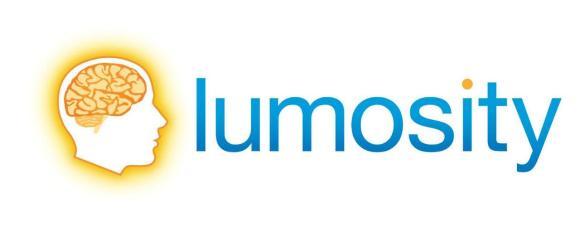
By: Brian J. Meli
The human brain, with its billions of neurons and trillions of neural pathways, is thought to be able to process terabytes worth of information. Impressive as that might be, our brains cannot intuitively distinguish between health and wellness advertising containing scientifically proven efficacy claims and advertising that isn’t actually backed by sound medical research. The Federal Trade Commission (FTC), aware of this limitation, requires that all health claims be supported by competent and reliable scientific evidence.
Unfortunately, that’s where the popular brain training company Lumosity seems to have, if you’ll pardon the expression, had a brain fart.
It must have slipped Lumosity’s mind that mental health claims are still health claims—the equivalent of undercooked sirloin to the FTCs watchdogs. Why else would the company trot out advertising that claimed all kinds of cognitive benefits for users of its online brain games when it didn’t have the scientific support to back them up? Those benefits included: increased recall and memory; improved performance at work and at school—including higher scores on standardized tests; prevention of age-related dementia and Alzheimer’s disease, even enhanced recovery for combat veterans with traumatic brain injuries.
Well, it turns out Lumosity did believe it had the stats to back up its talk, and to some extent still does, sticking to its claim that its product benefits are based on “proven neuroscience research.” The FTC disagreed however, slapping the company with $50 million in fines. (A number that was reduced to $2 million with a promise to discontinue the advertising and allow certain customers to opt out of their contracts.) In arriving at its decision, the FTC pointed out that the research Lumosity relied on was not drawn from human clinical tests, and therefore unreliable; and that the only thing its data proved was that, over time, Lumosity users became more skilled at playing Lumosity games.
While the agreement was categorized as a settlement, there’s reason to believe the two sides still aren’t on the same page. Lumosity’s official response was that “Neither the (FTC’s) action nor the settlement pertains to the rigor of our research or the quality of our products, but is a reflection of marketing language that has been discontinued.” While that may be technically true, it’s a clever sidestep of the issue, and it entirely misses the point. Yes, deceptive marketing language was at issue here, but it was deceptive precisely because the research supporting it wasn’t credible. In other words, the research may very well have been “rigorous,” but it wasn’t rigorous enough to support the marketing language. Or, put differently, the marketing language was more rigorous than the research behind it.
As for the quality of Lumosity’s products, they might yet deliver on the benefits as advertised, but the science is still officially out on that. And that’s the issue. Lacking competent and reliable substantiation that demonstrates Lumosity’s brain games deliver the benefits claimed in its advertising, those claims can’t be made.
But what about all those glowing reviews from satisfied customers greeting visitors to Lumosity’s website? Well, there’s a problem with them, too. It turns out the company received many of those positive reviews by offering customers the chance to win vacations, iPads and other prizes in exchange for their feedback. In the land of consumer protection, not disclosing when compensation or other consideration is given in exchange for endorsements is problematic. We’ve been down this road with the FTC before, and they’ve made it clear that incentivizing an endorser with a chance to win a prize is misleading if it’s not made known.
The good news for advertisers is that the FTC does a good job telegraphing its expectations through its enforcement actions, so marketing departments looking to glean guidance from this dispute don’t have to work too hard to find it. The most obvious takeaway is that regulators do not discriminate between health claims of the physical and mental variety. On the contrary, with an aging U.S. population spurring a computer-based cognitive training industry that recently surpassed the one billion dollar mark, look for advertising touting mental health benefits to remain squarely in the FTC’s crosshairs. Furthermore, when those claims implicate children and the elderly, as Lumosity’s did when it touted improved school performance and protection against age-related decline, they will receive even higher scrutiny.
Beyond that, it also serves as a useful reminder that not all prior substantiation is created equal, and that research must relate directly back to the specific health claims being made. If you claim your product can improve standardized test scores, whether that product is a Lumosity brain game, a test prep course or a nutritional supplement like ginko biloba, you must have direct clinical evidence supporting that conclusion. It’s not enough to show that your product increases bloodflow to certain parts of the brain, or makes you better at certain activities unrelated to test taking. If the claim is specific, the research supporting it must be equally specific.
While these are among the lessons advertisers can take away from this enforcement action, perhaps the biggest question in this case is: has Lumosity learned its lesson?
The content of this blog is intended for informational purposes only. The information provided in this blog is not intended to and does not constitute legal advice, and your use of this blog does not create an attorney-client relationship between you and Brian J. Meli. Under the rules of certain jurisdictions, the material included in this blog may constitute attorney advertising. Prior results do not guarantee a similar outcome. Every case is different and the results obtained in your case may be different.
